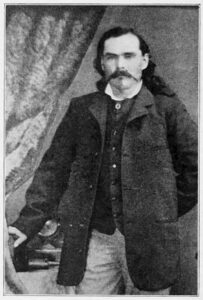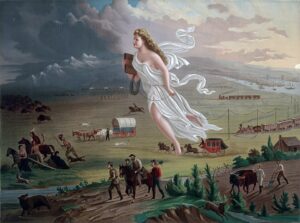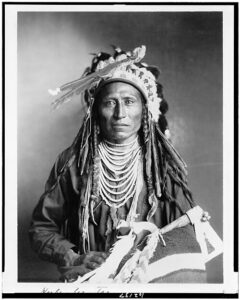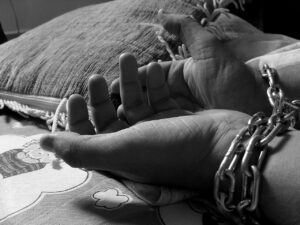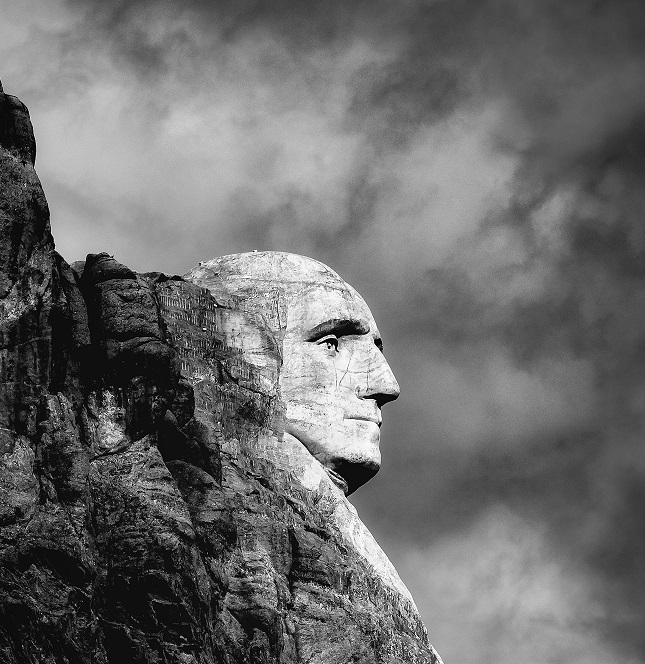
George Washington is one of the most prominent figures in American history, known as the Father of his Country and the first President of the United States. Born into a wealthy Virginia family, Washington was educated in the colonies and became a successful planter and land surveyor before starting a military career. He served as a British officer during the French and Indian War and later played a crucial role in the American Revolution as the Commander-in-Chief of the Continental Army. Washington’s leadership during the war helped secure American independence and laid the foundation for the new nation. After the war, he served as President of the Constitutional Convention and was unanimously elected the first President of the United States. Washington’s two terms as President worked to establish a strong federal government and promote national unity. His legacy has had a lasting impact on American history, and his contributions to the founding of the United States are celebrated and studied today.
BIRTH AND EARLY YEARS
George Washington, the first President of the United States, was born on February 22, 1732, in Westmoreland County, Virginia. Washington’s childhood was fashioned by his family’s social status and wealth and by the culture and traditions of colonial Virginia.
As a child, Washington grew up on a tobacco plantation owned by his father, Augustine Washington. Augustine passed away when George was just 11 years old, leaving George and his older half-brother Lawrence under the care of their mother, Mary Ball Washington.
George’s mother provided him with early education. She taught him how to read, write, and do basic arithmetic. His mother also instilled a strong sense of discipline and responsibility, serving him well throughout his life.
At the age of 14, George Washington’s formal education ended, and he began working as a surveyor’s assistant in the Virginia wilderness. At 16, Washington’s older brother Lawrence passed away, and George inherited his Mount Vernon estate. At Mount Vernon, Washington developed his love of agriculture and became an accomplished farmer, which would become an essential part of his legacy as a statesman.
In addition to his interest in farming, Washington also had a love of adventure and the outdoors. As a young man, he explored the Virginia wilderness and participated in surveying expeditions. His experience helped him develop strong mathematics and land surveying skills, which would prove helpful throughout his life.
During his teenage years, Washington was also exposed to the military, as he served as a volunteer aide to his brother, a Virginia militia member. This experience gave him an early taste of military life and helped prepare him for his future role as a military leader.
A growing sense of independence and ambition also marked Washington’s teenage years. He was determined to make a name for himself and establish himself as a successful planter and landowner. To this end, he began acquiring land and slaves, and by the age of 20, he had become a successful tobacco planter.
Overall, Washington’s childhood was one of privilege and opportunity. He also experienced loss and responsibility at a young age. Significant challenges and increasing ambition and independence marked his teenage years. These experiences would shape his character and p help prepare him for his future role as a military and political leader and would shape his character and values for years to come.

THE MILITARY AND THE REVOLUTION
At the age of 21, Washington was appointed as a major in the Virginia militia and sent to the Ohio Country to help secure the area against the French. In 1754, he led a small force against a larger French army but surrendered after a day-long battle known as the Battle of Fort Necessity. This experience taught Washington valuable lessons about military strategy and tactics he would carry throughout his career.
Washington continued to serve in the Virginia militia and was eventually appointed as a colonel in 1755 during the French and Indian War. He participated in several battles, including the Battle of the Monongahela, where he distinguished himself by leading his men in an orderly retreat despite heavy casualties.
After the war, Washington returned to Virginia and married Martha Custis. He also served in the Virginia House of Burgesses and advocated for colonial rights. However, his military career was not over. In 1774, he was appointed the Virginia militia commander by the Continental Congress and began preparing for the possibility of war with England.
Washington’s experience in the French and Indian War and his leadership during the early stages of the Revolutionary War proved invaluable. His ability to inspire and lead men and his strategic mind helped secure American victory in the war for independence.
In 1775, the Second Continental Congress appointed Washington as commander-in-chief of the Continental Army. He immediately began organizing and training the army, which at the time was primarily made up of untrained and inexperienced soldiers.
Washington faced numerous challenges in his role as commander-in-chief. The Continental Army was often poorly equipped and supplied, and its soldiers were frequently short on food and other provisions. In addition, Washington had to contend with the British Army, the most powerful military force in the world at the time.
Despite these challenges, Washington led the Continental Army to several important victories. In 1776, he led his troops to victory at the Battle of Trenton, a surprise attack on Hessian troops in New Jersey. This victory gave a much-needed boost to American morale and helped to convince many colonists to support the revolution.
Washington also played a vital role in the Battle of Saratoga in 1777, considered one of the turning points of the Revolutionary War. In this battle, American forces defeated a British army, which convinced France to support the American cause.
Throughout the war, Washington showed remarkable leadership and strategic thinking. He could adapt to changing circumstances on the battlefield and make difficult decisions that ultimately led to victory for the Continental Army. Washington’s leadership, determination, and strategic thinking were essential to the eventual success of the Continental Army and the founding of the United States of America.
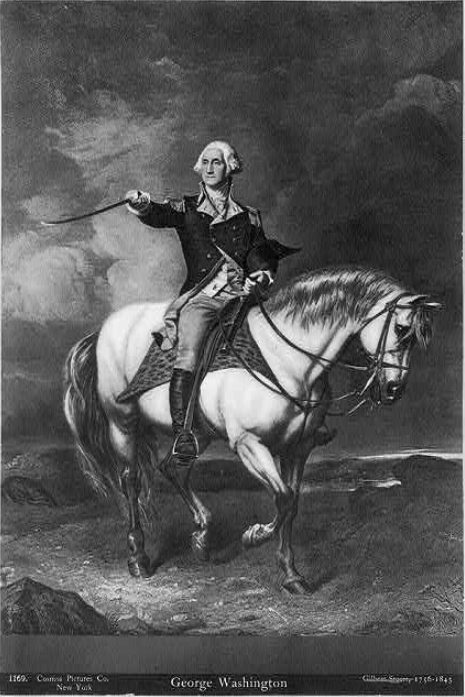
PRESIDENT WASHINGTON
After the war, Washington went on to serve as the first president of the United States, helping to establish the new nation and setting a precedent for the role of the presidency. However, his role as commander-in-chief of the Continental Army during the Revolutionary War remains one of his most important and enduring legacies.
George Washington, the first President of the United States, was elected to two terms in office, serving from 1789 to 1797. During his presidency, Washington faced many challenges at home and abroad, but he managed to set the young nation on a path toward stability and prosperity.
One of Washington’s first challenges was establishing the executive branch of government. He worked closely with Congress to create the federal bureaucracy, appointing the first Cabinet members, including Secretary of State Thomas Jefferson and Secretary of the Treasury Alexander Hamilton.
Washington’s most noteworthy domestic accomplishment was creating a robust federal government. He worked to establish the power and authority of the central government, ensuring that the states remained united under a durable federal system. He also signed the Judiciary Act of 1789, which created the federal court system.
Washington’s worked to maintain neutrality in the conflict between Britain and France, which threatened to drag the United States into another European war. He signed the Jay Treaty in 1795, which prevented war with Britain and helped to establish trade relations between the two countries.
Washington also played a crucial role in securing the Northwest Territory, which extended the United States’ borders westward. He signed the Northwest Ordinance of 1787, which established the guidelines for governing the territory and eventually created several new states.
Another significant event during Washington’s presidency was the Whiskey Rebellion, a tax revolt in western Pennsylvania. Washington led a militia force into the area to abolish the rebellion and establish the federal government’s authority.
Washington’s legacy as the United States’ first President is one of leadership and dedication to democracy and unity. He set the standard for the presidency, establishing the traditions and norms that have guided the office for over two centuries.
In his farewell address, Washington warned against the dangers of political division and partisanship, urging the American people to remain united and committed to the ideals of democracy. His words inspire Americans today, reminding us of the importance of unity and the need to work together to build a better future for our country.
After his presidency, Washington retired to his estate at Mount Vernon in Virginia. He had hoped to spend the rest of his days there in peace, but soon public life drew him back into service.
In 1798, tensions rose between the United States and France, and President John Adams appointed Washington as commander-in-chief of the US Army. Washington was reluctant to accept the position, but he felt it was his duty to serve his country again.
Washington’s military career was short-lived, however. The threat of war with France receded, and he resigned his commission in 1799. He returned to Mount Vernon, where he spent the remainder of his life.
Despite his retirement, Washington remained an important figure in American politics. He was a strong supporter of President Adams, and he wrote letters of advice and encouragement to other political leaders.
Washington also became involved in various business ventures. He invested in land and became a partner in a whiskey distillery. He was always looking for ways to improve his estate, and he was a pioneer in the use of new agricultural techniques.
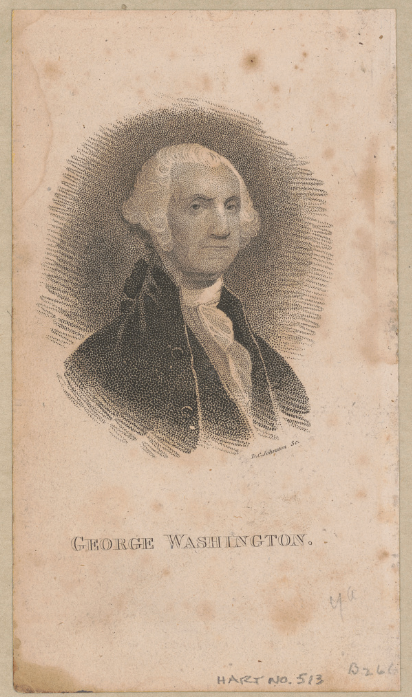
WASHINGTON’S LATER YEARS
Washington’s health began to decline in the late 1790s. He suffered from several ailments, including dental problems and rheumatism. In the days leading up to his death, Washington complained of a sore throat and difficulty breathing. In December 1799, he caught a cold while riding on his estate in snow and ran and developed a severe case of laryngitis. On the evening of December 13, Washington became extremely ill and passed away the following day at 67. Those around him attributed Washington’s death to acute laryngitis and pneumonia, likely aggravated by the cold and damp weather conditions at the time. The medical treatments available in the late 18th century were limited, and Washington’s physicians could not save his life.
Washington’s death was a significant loss to the nation. He had been a hero of the Revolutionary War and guided the country through its first years as a new nation. However, his legacy continued. Revered as a national hero, Washington’s image appeared on the one-dollar bill and the quarter.
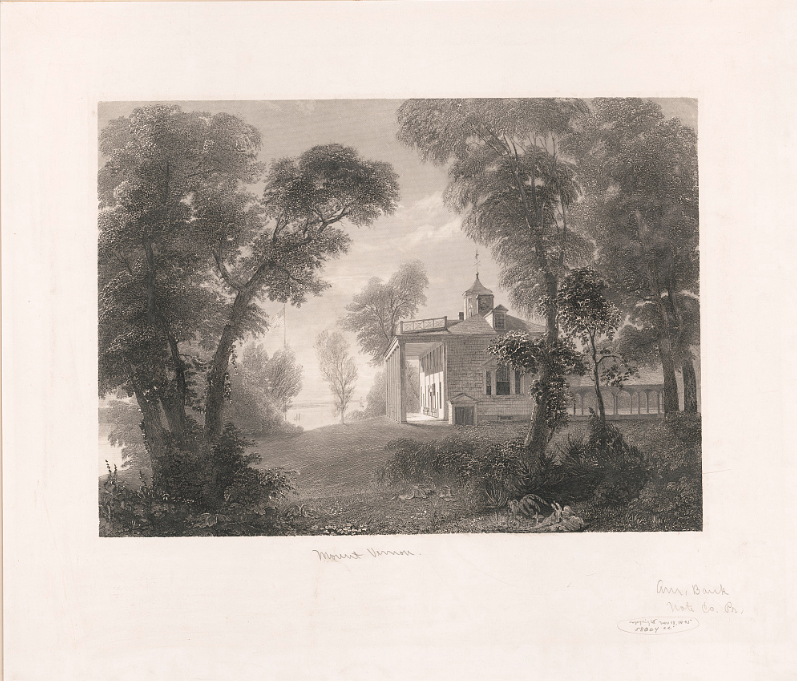
Today, America remembers Washington as one of the most outstanding leaders in American history. His dedication to his country, integrity, and leadership continue to inspire people worldwide.
Washington had a long and eventful life; his death was no exception. Widespread mourning occurred, and tributes from across the country flowed in after his death. His funeral was held at Mount Vernon on December 18, 1799, attended by family members, friends, and dignitaries from around the world.
George Washington’s leadership and military expertise, strategic thinking, determination, and ability to lead and inspire his troops helped to secure America’s independence and establish the nation as a world power. He remains an iconic figure in American history, and his legacy as a military commander, statesman, and patriot has inspired generations of Americans.
